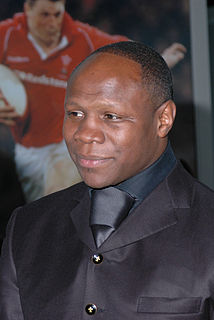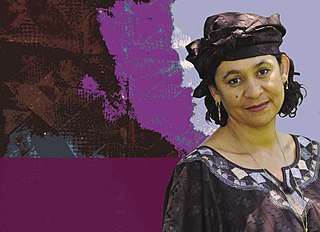A Quote by Shirley Jackson
Can't you make them stop?' I asked her that day, wondering if there was anything in this woman I could speak to, if she had ever run joyfully over grass, or had watched flowers, or known delight or love.
Related Quotes
Day and night she had drudged and struggled and thrown her soul into her work, and there was not much of her left over for anything else. Being human, she suffered from this lack and did what she could to make up for it. If she passed the evening bent over a table in the library and later declared that she had spent that time playing cards, it was as though she had managed to do both those things. Through the lies, she lived vicariously. The lies doubled the little of her existence that was left over from work and augmented the little rag end of her personal life.
Now very much against her will, she thought of the way Jace had looked at her then, the blaze of faith in his eyes, his belief in her. He had always thought she was strong. He had showed it in everything he did, in every look and every touch. Simon had faith in her too, yet when he'd held her, it had been as if she were something fragile, something made of delicate glass. But Jace had held her with all the strength he had, never wondering if she could take it--he'd known she was as strong has he was.
He lifted his gaze to the framed photograph of Tanya and him taken on their wedding day. God, she had been lovely. Her smile had come through her eyes straight from her heart. He had known unequivocally that she loved him. He believed to this day that she had died knowing that he loved her. How could she not know? He had dedicated his life to never letting her doubt it.
Sharp knives seemed to cut her delicate feet, yet she hardly felt them, so deep was the pain in her heart. She could not forget that this was the last night she would ever see the one for whom she had left her home and family, had given up her beautiful voice, and had day by day endured unending torment, of which he knew nothing at all. An eternal night awaited her.
Because of course she had known she must go. She always did the thing because in obedience lay the integrity that God asked of her. If anyone had asked her what she meant by integrity she would not have been able to tell them but she had seen it once like a picture in her mind, a root going down into the earth and drinking deeply there. No one was really alive without that root.
George had turned at the sound of her arrival. For a moment he contemplated her, as one who had fallen out of heaven. He saw radiant joy in her face, he saw the flowers beat against her dress in blue waves. The bushes above them closed. He stepped quickly forward and kissed her. Before she could speak, almost before she could feel, a voice called 'Lucy! Lucy! Lucy!' The silence of life had been broken by Miss Bartlett, who stood brown against the view.
She smiled. She knew she was dying. But it did not matter any longer. She had known something which no human words could ever tell and she knew it now. She had been awaiting it and she felt it, as if it had been, as if she had lived it. Life had been, if only because she had known it could be, and she felt it now as a hymn without sound, deep under the little whole that dripped red drops into the snow, deeper than that from which the red drops came. A moment or an eternity- did it matter? Life, undefeated, existed and could exist. She smiled, her last smile, to so much that had been possible.
It was a strange thing, to still be in love with your wife and to not know if you liked her. What would happen when this was all over? Could you forgive someone if she hurt you and the people you love, if she truly believed she was only trying to help? I had filed for divorce, but that wasn't what I really wanted. What I really wanted was for all of us to go back two years, and start over. Had I ever really told her that?
At that moment a very good thing was happening to her. Four good things had happened to her, in fact, since she came to Misselthwaite Manor. She had felt as if she had understood a robin and that he had understood her; she had run in the wind until her blood had grown warm; she had been healthily hungry for the first time in her life; and she had found out what it was to be sorry for someone.
She was darkness and he was darkness and there had never been anything before this time, only darkness and his lips upon her. She tried to speak and his mouth was over hers again. Suddenly she had a wild thrill such as she had never known; joy, fear, madness, excitement, surrender to arms that were too strong, lips too bruising, fate that moved too fast.
As a young woman, Ama Ata Aidoo the freedom fighter vowed never to write love stories. Let’s delight in the fact that over the years she has changed her mind about the value of writing about love, as her rich edited collection of highly original and diverse ‘African Love Stories’ demonstrates. She has traveled her path and had the courage to grow and change while retaining her deep commitment to Pan- Africanism. Love flourishes, after all is said and done.
Rage flared up in Tessa and she considered belting Woolsey with the poker whether he came near her or not. He had moved awfully quickly while fighting Will, though, and she didn’t fancy her chances. “You don’t know James Carstairs. Don’t speak about him.” “Love him, do you?” Woolsey managed to make it sound unpleasant. “But you love Will, too.” Tessa froze. She had known that Magnus knew of Will’s affection for her, but the idea that what she felt for him in return was written across her face was too terrifying to contemplate.




































